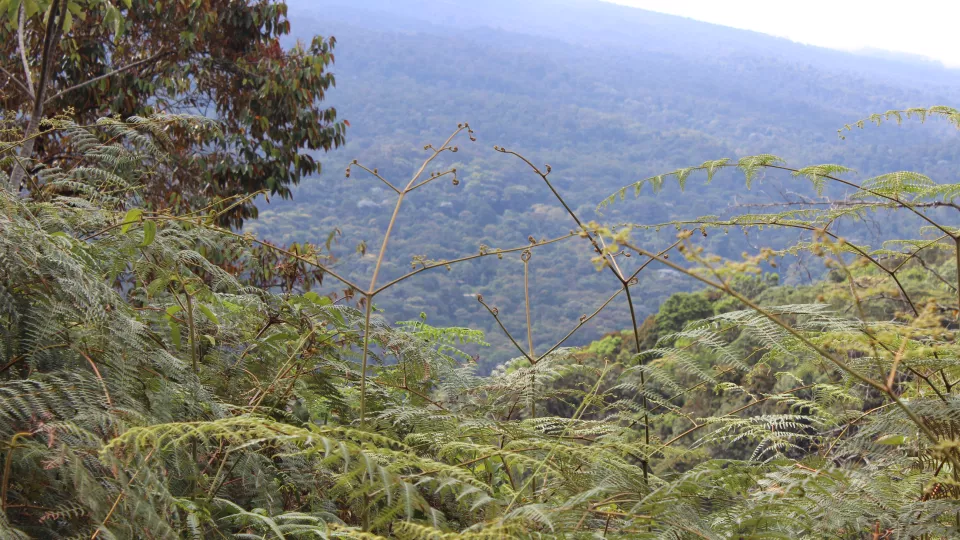She recently took part in a BECC (Biodiversity and ecosystem services in a changing climate) workshop on environmental governance, climate change, and biodiversity loss in the global forestry sector, coordinated by LUCSUS and Lund University Department of Political Sciences, and ESG (Earth System Governance).
The workshop brought together scholars from the University of Sussex, the Zoological Society London, University of Reading, University of Helsinki, Stockholm Resilience Centre and Lund University who have different research experience in environmental governance and forestry. The main objective of the workshop was to combine ideas from ecosystem and forest sciences, political science, development theory, and sustainability in order to begin a dialogue on links between global initiatives to address deforestation and forest degradation and sustainability transformations under the Sustainable Development Goals and how that matters to Swedish foreign policy and environmental commitments.
- One objective was to inform our understanding of the complex changes in the emergences of global initiatives such as REDD+, a framework for developing countries to reduce emissions from deforestation and forest degradation, she says.
During the workshop, the group discussed adjustments and possible alternatives to initiatives such as REDD+, and how these can be communicated effectively to policy-makers.
She reflects that the workshop brought a number of new ideas on how to approach research in ways that better influence the policy and problem framing, in terms of having significant impact in terms of knowledge and utility, both within the Swedish context and globally.
